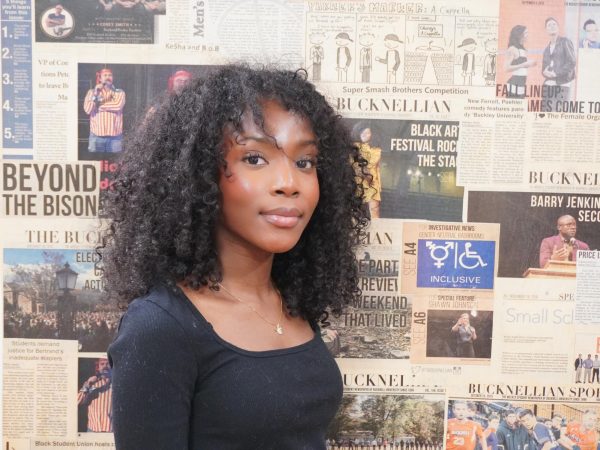Built with musculoskeletal precision, the Protoclone, the world’s first bipedal musculoskeletal android built to eventually help with household chores, is not programmed to speak or simulate expression. It does not pretend to be human. And still, it resembles us with such intention that we begin to forget it doesn’t feel.
There is something eerie about how closely it mirrors our physical design. Not because it is flawed but because it looks so right. Because it suggests we have somehow reached a point where we are capable of reproducing the body, as if it were simply a matter of symmetry and mechanics.
We have not reached that point.
This machine, though groundbreaking, reflects more of our confusion than our knowledge. It is not a triumph of understanding. It is a performance of certainty, a product of the belief that to replicate is to comprehend.
But what do we really know of ourselves? We understand anatomy. We chart blood flow. We’ve mapped the brain’s architecture. These are impressive forms of observation, but they are not understanding. They are not enough to claim we grasp what it means to have a body, let alone to live in one.
The Protoclone has no lived experience. It does not know what it means to carry memory in the muscles, to feel grief knot the back or to hold fear just beneath the surface of the skin. It cannot recall the first time it was touched with care. It cannot sense warmth. It will never struggle with fatigue. And yet, its stillness feels almost noble. That illusion is what makes it dangerous.
To replicate something is not to resolve it. We have not resolved the human body. We have not answered its questions. We have not made peace with its limits or even learned to value the versions that don’t function the way they’re expected to. There are real people who live in bodies that are overlooked, denied access to care, denied recognition. And instead of reckoning with that reality, we build something sterile and controlled and ask it to stand in for us.
The machine works. That is the phrase used. It works. But it does not live. It does not adapt from pain. It does not carry contradiction. It does not react to the weight of another body in proximity. And still, we gather around it with fascination.
Why are we so eager to make a copy of ourselves before we’ve asked what it means to be the original? Our obsession with simulation ignores the possibility that we are far from finished beings. That our knowledge of the body is fragmented. That what we feel does not always follow what we see.
The Protoclone is a symbol of that impatience. It is easier to recreate the structure of a body than to investigate the interiority of one. Easier to study the angles of the spine than to ask why certain emotions settle there. Easier to program the shape of movement than to account for why some gestures linger while others vanish.
We are not machines. We break in strange, untraceable ways. We recover without clear reason. We remember things our minds try to forget. The body is a site of instinct, desire, recoil. None of that can be replicated without being understood.
This invention, for all its sophistication, ignores the most human questions. Not what the body is made of but what it is for. What it holds. What it refuses. It cannot be a model of the self because it does not carry selfhood. It cannot be a vessel for human possibility because it does not confront human pain.
We treat this as a moment of progress. But progress toward what? Toward more accurate likeness? Toward the ability to reproduce a version of the body that does not age, hunger or resist?
What if the better question is not how to build another body but how to care for the ones we already have? Not how to mimic ourselves but how to deepen our understanding of what embodiment even means?
We praise the Protoclone because it is impressive. But it is empty. It is a reminder of how much we still do not know.
We say we are building the future. But perhaps we are simply building around the things we are afraid to ask.
What is a body without sensation? What is life without the struggle to make meaning from it? How can we define the human when we continue to ignore the lives that do not fit the model we keep reproducing?
The Protoclone stands, moving but expressionless. It does not breathe, but we call it alive with potential. We call it a mirror.
But a mirror is only useful if you know who you are when you look into it.



















